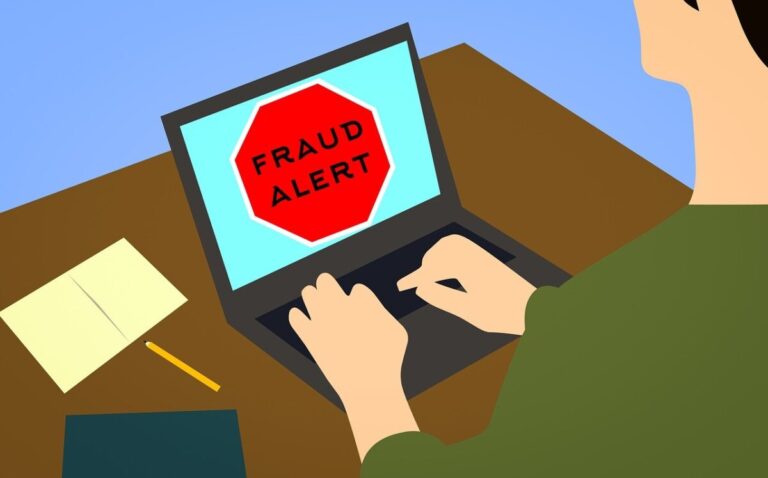Millions lost to fraud & cybercrime by charities since March

Charities have reported being victims of fraud or cybercrime 645 times since the start of the pandemic in March, amounting to £3.6 million in total losses, according to the Charity Commission.
During this week’s Charity Fraud Awareness Week, the Charity Commission is warning that the true figure is likely to be far higher due to fraud often being under-reported.
It believes that remote working, virtual activities and sign-off processes, combined with ‘charities’ tendencies to place goodwill and trust in individuals’, possibly making them especially vulnerable. It also warns that charities providing services and supporting local communities could be amongst those at risk following reports of criminals using PPE as a lure in scams.
Advertisement
Analysis of frauds reported to the Commission has found that in some cases fraudsters have preyed on people’s fear and anxieties. In addition, the Commission believes economic hardship may have increased perpetrators’ temptation to commit fraud, particularly in cases of insider fraud. For example, it has seen cases of charity employees diverting funds into their personal bank accounts and selling charity equipment for personal gain.
However, Charity Commission research has found that nearly three quarters (73%) of charities affected by fraud go on to change their procedures or enhance internal controls to avoid future frauds, and that two thirds of frauds are picked up by financial controls or audit, showing that implementing some simple checks and controls, together with a strong counter-fraud culture, can be key to disarming fraudsters.
Helen Stephenson CBE, Chief Executive of the Charity Commission said:
“We are seeing evidence that opportunists may be taking advantage of charities during the pandemic and I urge all charities to be extra vigilant against fraud.
“This comes at a time when charities are a lifeline for many people suffering from Covid-19, and the wider impacts of the pandemic – charities have been at the forefront of responding to the crisis, and many have also been placed under severe financial strain. As our country faces another challenging point in the crisis, we cannot afford for charitable work to be disrupted by criminals. When fraud hits charities, its impact is felt far beyond the balance sheet – it is people that are let down, often hard-working volunteers or people in desperate need. That’s why I’m urging all trustees to take action now, to protect their charity’s valuable funds and assets.
“Charity brings immense value to society, not just through the good work charities do directly, but also in its power to promote cohesion, well-being, and pride in our society. This is more important than ever, so the fact that there are those who wish to exploit public generosity and charitable endeavour for selfish, criminal purposes is appalling. Combating fraud is vital to giving people confidence that their money is safe and will go to the causes they care so deeply about.”
The Commission is directing charities to an online hub for resources and advice on avoiding and tackling fraud and cybercrime. This year’s Charity Fraud Awareness Week runs from today until Friday 23 October.
This year’s campaign has three core messages:
- Be fraud aware
- Take time to check
- Keep your charity safe





